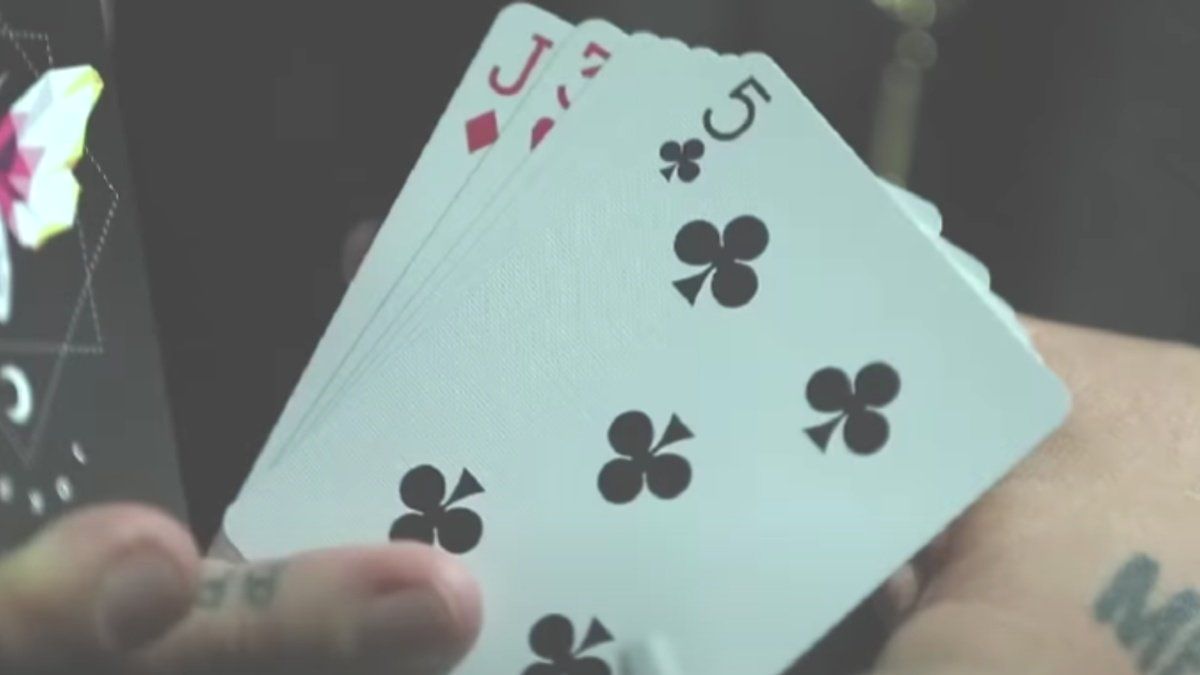As the late Kenny Rogers sang, “You’ve got to know when to hold ’em, know when to fold ’em.” And to do so in poker, you need to know what cards you’re playing with. So, what are the best and worst poker hands?
One of the most basic things to understand about poker is that there is a higher probability of acquiring a lower-ranking hand than a higher one. In other words, the rarer a hand, the better it is. There are several different variants of poker, but the two most popular ones in the United States are Texas Hold’em and Five-Card Draw, and in both games, a player is trying to make the best five-card hand possible.
After a series of betting and bluffing, players end with a hand, and whoever has the best cards wins the pot. In Texas Hold’em, players have two hidden cards and can use the River (five community cards) to build out their hands, while players have five secret cards in Five-Card Draw. Regardless, the best and worst hands remain the same.
The cards’ suits and numbers are the two primary factors to consider when determining the best and worst hands. In poker, the ace is the highest-numbered card, the king is the second, and so on. Further, an ace can be used as the lowest card when compiling a straight. The four suits — hearts, spades, diamonds, and clubs — all have an equal footing.
Here’s how the five-card hands are ranked, starting with the worst, a high card, and ending with the famous royal flush.
- High Card — the highest card in the hand
- Pair — two of the same number
- Two Pairs — two different numbered pairings
- Three of a Kind — three of the same number
- Straight — five cards in a row (A, 2, 3, 4, 5)
- Flush — five cards of the same suit
- Full House — One Pair and Three of a Kind
- Four of a Kind — four of the same number
- Straight Flush — five cards in a row of the same suit
- Royal Flush — The deck’s five highest cards with the same suit (A, K, Q, J, 10)
It’s important to note that players will frequently have the same sort of hand in a showdown, especially the lower-ranking ones like one pair or high card. If that’s the case, whoever has the highest pair or card wins. If there’s a stalemate (for example: the same pairs plus high card), then the pot is split down the middle.
Regardless, understanding the best and worst hands in poker is paramount if you plan on stacking chips at a table.

